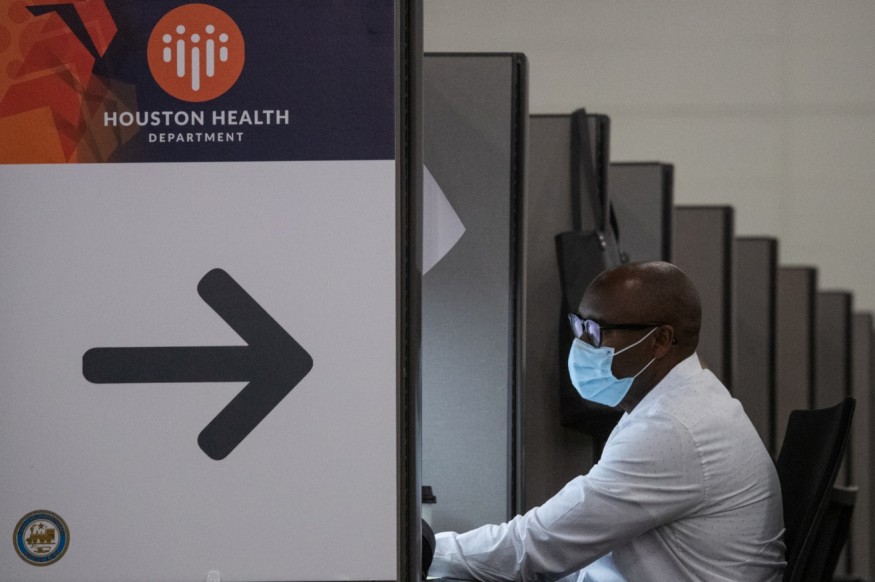Authorities ask everyone to be vigilant in believing contact tracing calls as some individuals are only scamming unsuspected people to get their credit card or bank account details.
These people are taking advantage of the government's efforts to contact tracing possible infected people. In a warning from the Montana attorney general, it was detailed that fraudsters would start the conversation with the line: "I'm calling from your local health department to let you know that you have been in contact with someone who has COVID-19."
They then proceed to ask the person to pay before the scammer continues the call. State officials warn people not to fall for that scheme since legitimate contact tracers will not ask for any payment or other financial information.

The Process of Legitimate Contact Tracing
Legitimate contact tracers work for the health departments by calling those who tested positive of COVID-19 to track their symptoms, help them isolate themselves, a trace which family, friends, or acquaintances he might have been near the past days before and after testing positive.
Immediately, they would call all possible people the patient had in contact with and convince them to quarantine themselves.
Contract tracing, along with other health guidelines, is one of the few strategies to slow down the spread of the virus while experts work for a vaccine. Contact tracers have been employed in Columbia, Hawaii, Taiwan, and New Zealand.
It has been credited with helping trace those positive cases and possible infected persons. However, scammers have seen this opportunity to commit fraud. Federal agencies and state law enforcement have already issued consumer alerts regarding these people who are in no way affiliated with the health department attempting to get personal information from those they scam.
Read Also: MIT Has Overcome iOS and Android Issues Making Coronavirus Contact Tracking App Possible
Learn to Discern Real and Fake Contact Tracers
Legitimate contact tracers usually send a text message before calling to notify that someone from the health department will be calling. Then, the initial interview would start by confirming the address and birth, especially if the person has tested positive.
Since many scammers would attempt to call, it is good to be suspicious until you know the source is real. Try asking for their name and number to verify their identity.
By discerning the legitimate contact tracers from scammers, they would be able to help you isolate and quarantine by providing food or medicine delivery. For some, they can provide a separate place to quarantine safely.
At the end of the call, a legitimate contact tracer would ask if they can call back again for follow-up questions and to track the symptoms.
Identifying Fraudsters
Fraudsters would also send a text message before calling, but unlike the legitimate contact tracers, they would also send a link to click, which might be spam and could download information onto the phone. Additionally, real contact tracers would not ask for immigration or financial status.
Another red flag to watch out for is if the caller would ask for the Social Security number. If this happens, remember not to give it as they could use it in fraudulent acts. Beware also if the caller would give you names of the COVID-19 patients, saying it is what led them to you; that is a sure sign of a scammer.
Lastly, when contacted by a scammer, either through phone, email, or text, report it to the regulatory agencies who have been keeping track of these imposters.
Read More: A New COVID-19 Contact-Tracing App Tested in England, Supported by the Apple-Google Framework
Check out for more news and information in Contract Tracing in Science Times.
© 2026 ScienceTimes.com All rights reserved. Do not reproduce without permission. The window to the world of Science Times.












